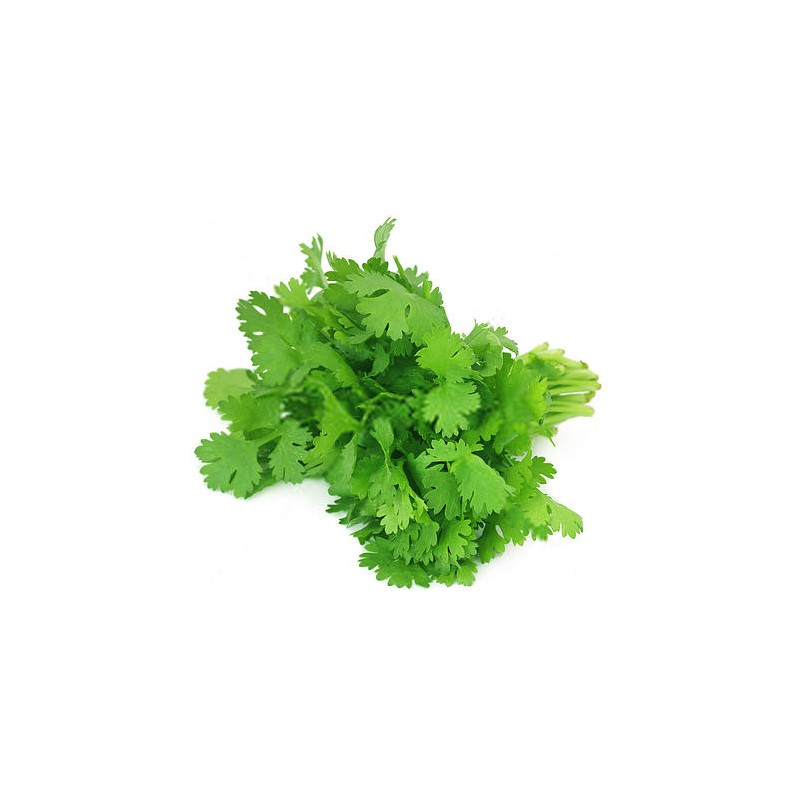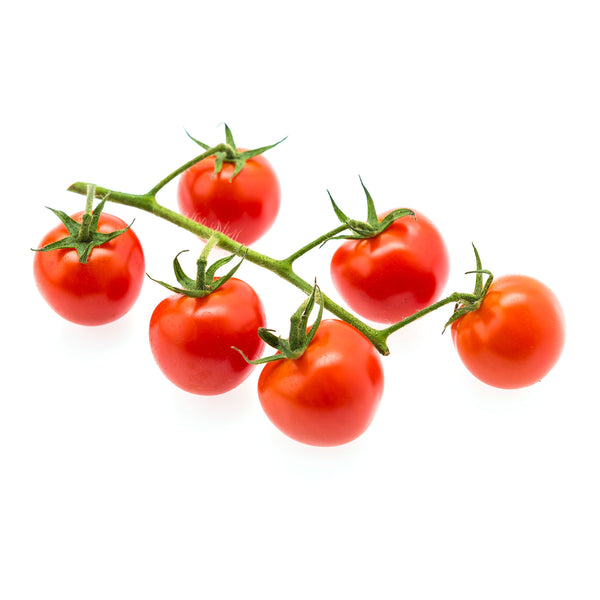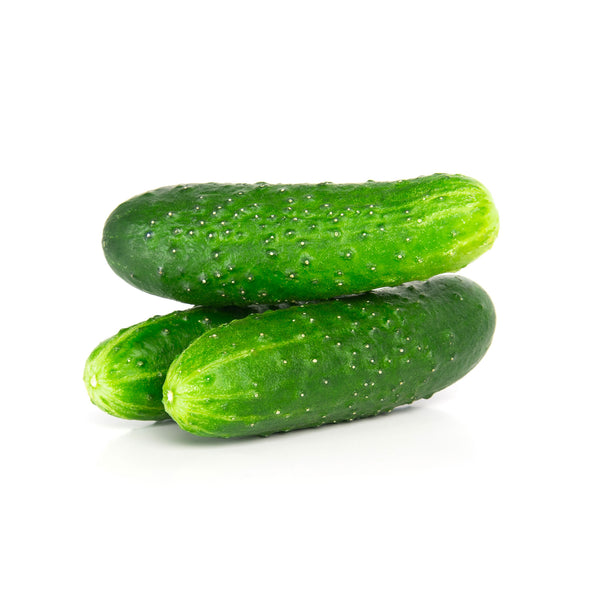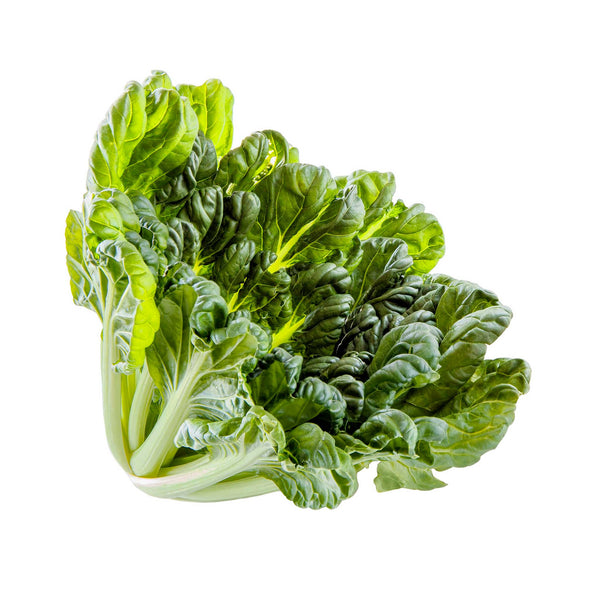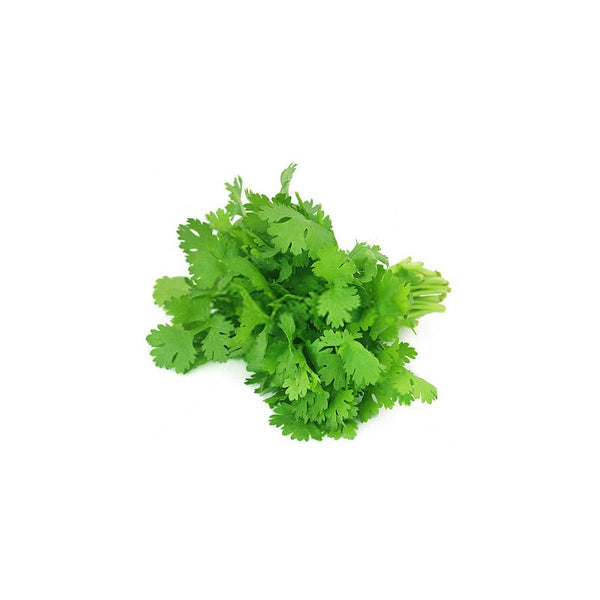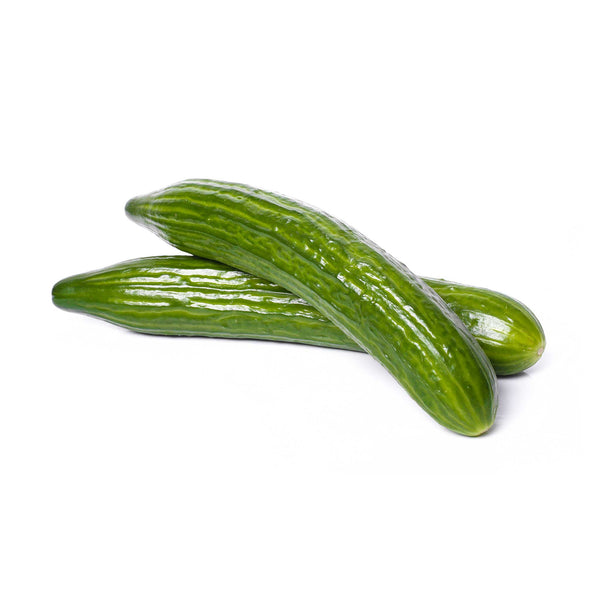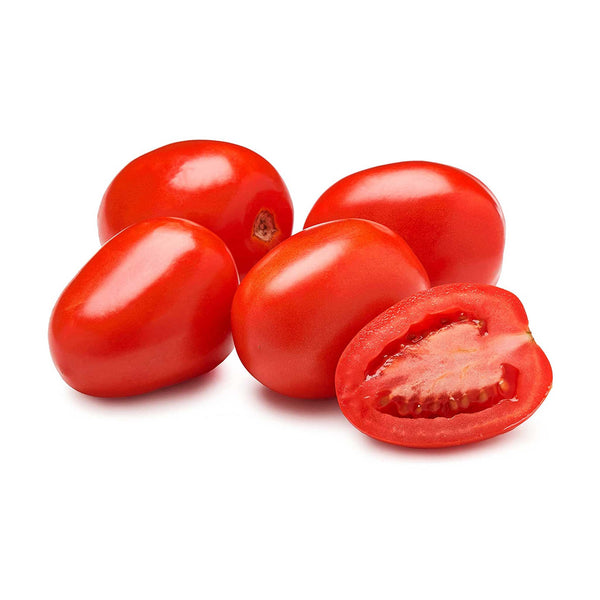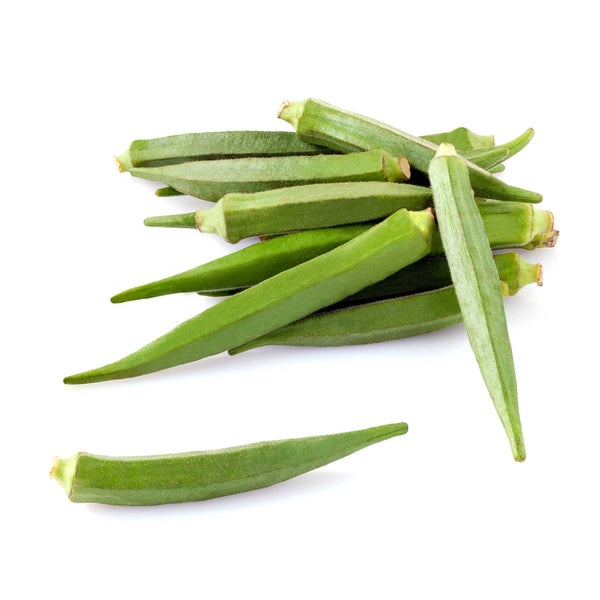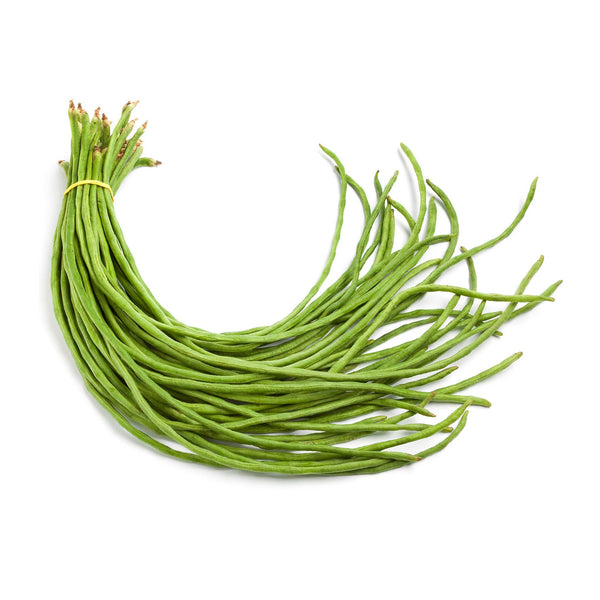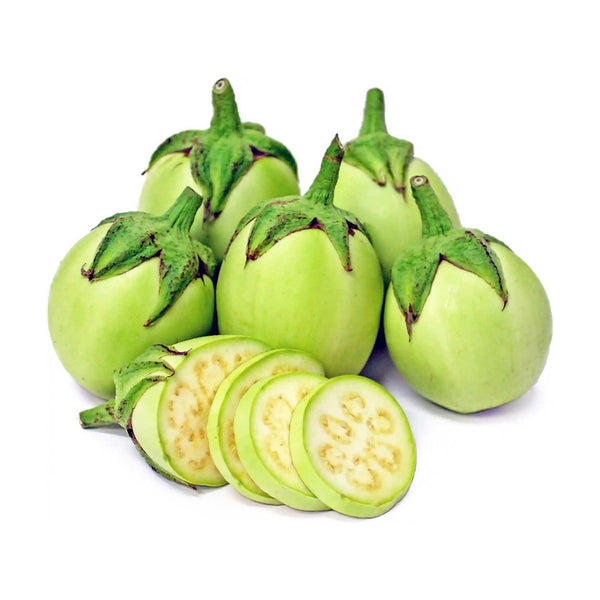Home Herb Seeds Coriander Seeds
Coriander Seeds
Rs. 70.00
Rs. 60.00
Coriander also known as cilantro is an annual herb and can be easily grown in containers.
Seeds per Pack: 20g of seeds
Scientific name: Coriandrum sativum
Family: Apiaceae/Umbelliferae
Coriander is an annual herb. Leaves of coriander is in variable shape, Leaves are broadly lobed at the base, in flowering stem leaves are slender and feathery. Coriander is a soft succulent plant. Plant reaches up to height of 50 cm
Flowers are small umble white or pale pink in colour
Fruits are oval shaped, yellow-brown in colour. Each fruit contains two seeds. Coriander is annual plant which can survive only one growing season.
Common Names: Kothimeera (telugu) , Dhaniya( Hindi) Kothambari soppu (kannada)
Soil and climatic requirement: Requires well drained sandy loam or loamy soil. It performs well in 20-30 Degree temperature. It grows well in cool spring and hot dry summer at temperature between 17 - 27 Degree C. Coriander can tolerate light frost but plant will bolt for higher temperature.
Crop Duration: 30-35 Days (For Foliage)
Planting type: Direct sowing
Planting season: May- June , October
The plant should be kept free of weeds, particularly when they are young to prevent the competition for nutrients.
Spacing: 5 cm between the plant
Depth of sowing: 0.6 Cm
Germination period: 10-12 days
Hours of sunlight required: Minimum 6 Hrs sunlight
Irrigation: 1st Irrigation is immediately after sowing and 2nd irrigation on the third day of sowing, subsequent irrigation at 6-10 days intervals.
Companion crops: carrots, radish
Seed treatment: Soak Seeds in water for 12 Hr for better germination. If dry sowing, rub the seeds by hands. Trichoderma viride @ 4 gm./kg seed.
Problems in Coriander cultivation
Pests: Cutworm, Armyworm and aphids.
Management
Remove all plant residue after harvest at least 2 week before. If aphid population is limited to just few leaves or shoots then the infestation can be pruned out to provide control.
Reflective mulches such as silver colored plastic can deter aphids.
Use tolerant varieties if available.
Use Yellow sticky trap when plant is in two to three leaf stage.
Application of bacillus thuringiensis is organic method of controlling armyworm.
In controlling cutworm it is important if the previous crop was another host plant such as alfalfa, beans or leguminous crop.
Diseases: Damping off, Bacterial leaf spot, Soft rot, Powdery mildew.
Management
Avoid overhead irrigation, Avoid working with plant when they are wet.
Plant tolerant varieties,
Avoid excess fertilizer, ‘
Avoid planting in poorly draining, cool, wet soil, Planting in raised bed help with soil drainage.
Plant high quality seeds which germinate quickly.
Treat seeds with fungicide to eliminate fungal pathogen.

